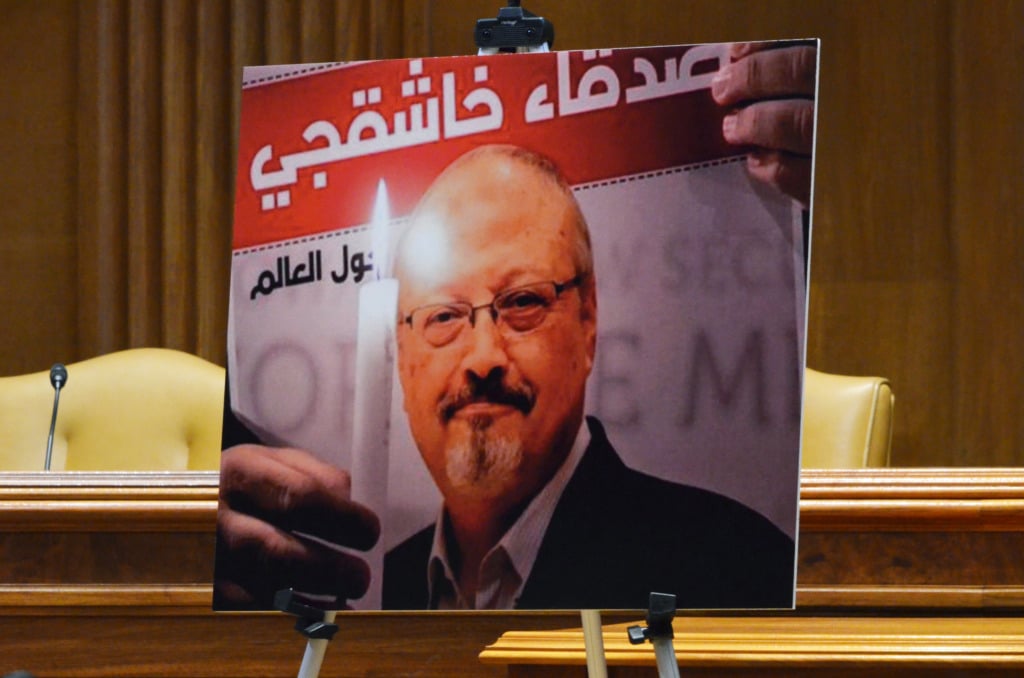The Executive Does Not Control Common Law Immunity
A previously reported on TLB, the Supreme Court granted certiorari in Türkiye Halk Bankasi, A.S. v. United States, to decide whether a bank owned by Turkey is entitled to foreign state immunity from federal criminal prosecution. Halkbank was indicted for evading sanctions against Iran. Both lower courts denied immunity to Halkbank, reasoning in part that…
Continue ReadingSolicitor General Recommends Denial of Cert in NSO v. WhatsApp
On November 21, the Solicitor General (SG) filed a brief recommending that the Supreme Court deny cert in NSO Group Technologies Ltd. v. WhatsApp Inc. NSO, an Israeli company that makes surveillance technology, claims that it is entitled to immunity from suit under federal common law because it acted as the agent of foreign states….
Continue ReadingBifurcated Forum Selection Clauses
When I was younger, I loved the Choose Your Own Adventure books. The reader was constantly asked to make decisions. Did you want to explore the basement of the haunted house? If so, turn to page 10. Or did you want to investigate the spooky noise coming from the kitchen? If so, turn to page…
Continue ReadingA Century of Changes in Extraterritoriality
This post is a lightly edited version of a talk given virtually on November 26, 2022, at the “International Symposium on Accelerating Changes Unseen in a Century and the Development of International Law” organized by the Chinese Academy of Social Sciences, Institute of International Law. I am pleased to be with you today to discuss…
Continue ReadingNew Paper on Forum Selection Clauses
Over the past three years, I have spent a lot of time trying to get a sense for when U.S. courts will and will not enforce forum selection clauses. Working with Katie Richardson — first as a law student, then as an associate at McGuire Woods, and finally as a clerk on the D.C. Circuit…
Continue ReadingCISG Opt-Outs and Ascertaining Party Intent: A Back-to-Basics Perspective
Two of this year’s contributions to Transnational Litigation Blog have addressed the intellectually stimulating but also practically pressing issue of identifying when, and how, commercial parties can exclude the United Nations Convention on Contracts for the International Sale of Goods from their international sales agreements. In Professor John Coyle’s CISG Opt-Outs and Party Intent, Professor…
Continue ReadingHAPPY THANKSGIVING
We hope that our readers near and far have a great Thanksgiving — or a wonderful weekend, if you do not celebrate the holiday. We are thankful for our audience and we invite your comments and suggestions about TLB. Contact us at: Ingrid.wuerth@vanderbilt.edu.
Continue ReadingThe PDVSA Bonds, Autocracy, and the Venezuelan Constitution
The Second Circuit’s recent decision in Petróleos de Venezuela S.A. v. MUFG Union Bank, N.A. certified a number of choice-of-law questions to the New York Court of Appeals. The decision to certify, which had the effect of postponing a definitive resolution of the dispute, was previously discussed at TLB here and here. In this post, I focus…
Continue ReadingZombie Choice-of-Law Clauses
When a contract is terminated, the provisions contained in that agreement generally cease to have any legal effect. Many U.S. courts have held, however, that contract provisions relating to dispute resolution continue to bind the parties even after the underlying contract ceases to be. In this post, I refer to such provisions as “zombie” clauses…
Continue ReadingState Department Recognizes Head-of-State Immunity for MBS
Earlier today, the U.S. State Department recognized that Crown Prince Muhammad bin Salman (MBS) is entitled to head-of-state immunity as Prime Minister of Saudi Arabia in a case brought by Democracy in the Arab World Now (DAWN) and the widow of journalist Jamal Khashoggi, who was brutally murdered by Saudi security agents at the Saudi…
Continue Reading




